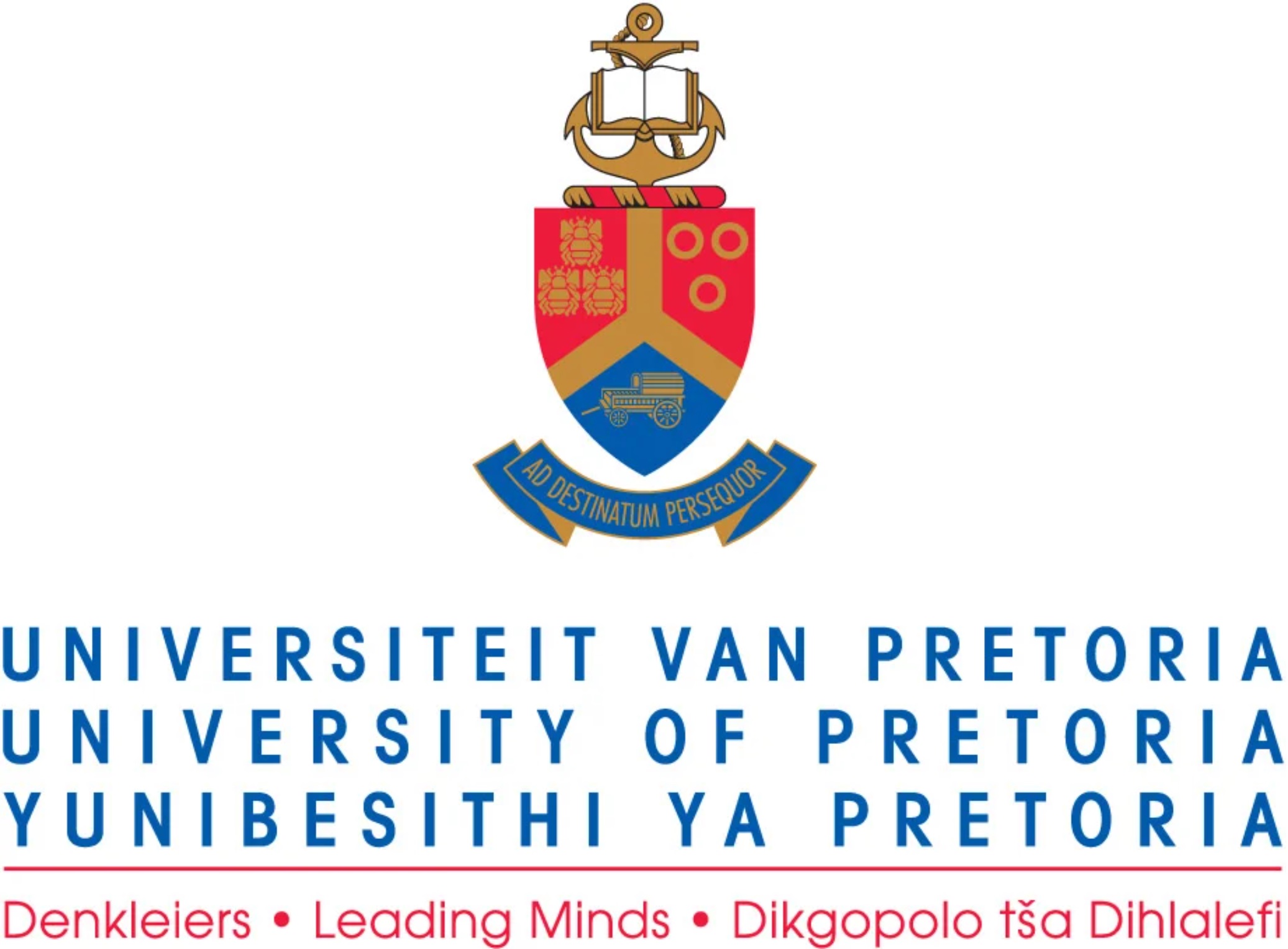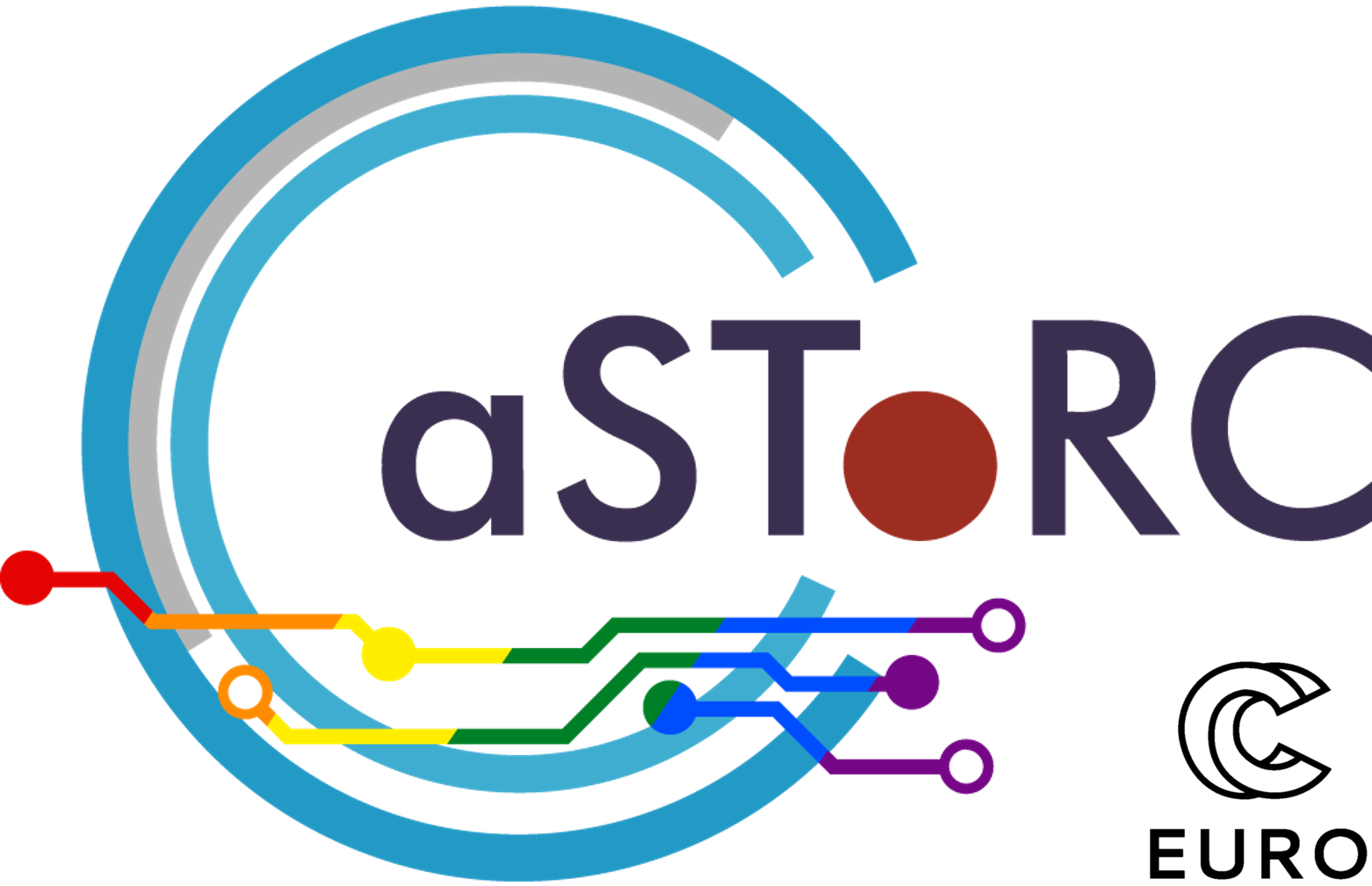Organizer
- Structural Division, Department of Civil Engineering, University of Pretoria
- Professor George Markou - This email address is being protected from spambots. You need JavaScript enabled to view it.
Presenters
- Dr Nikolaos Bakas - This email address is being protected from spambots. You need JavaScript enabled to view it.
- Professor Vagelis Harmandaris - This email address is being protected from spambots. You need JavaScript enabled to view it.
- Dr Jacob Finkenrath - This email address is being protected from spambots. You need JavaScript enabled to view it.
Date: 19th May 2022, 12:30- 13:45 (GMT+2)
Type of event: Online
Link to Event: https://eu.bbcollab.com/guest/61939675d7e94d9c9a4145201ced0c9b No passwords required)
You are cordially invited to participate in the upcoming event that will take place online featuring three distinct researchers that will present their recent work on Artificial Intelligence, Multi-Scale Modeling, and the use of High-Performance Computing in the field of Engineering. The respective abstracts of the three presentation are provided in this invitation, where a short bio is also included of our guest lecturers.
Event Program
- 12:30 - 12:35: Short introduction to the event and our presenters, Professor George Markou
- 12:35 - 12:50: Artificial Intelligence and High-Performance Computing in Engineering Simulations. Speaker: Dr Nikolaos Bakas
- 12:50 - 13:15: Multiscale Simulations of Materials: from Atoms to Macroscopic Properties. Speaker: Professor Vagelis Harmandaris
- 13:15 - 13:40: High Performance Computing. Speaker: Dr Jacob Finkenrath
- 13:40 - 13:45: Closing remarks, Professor George Markou
Short Bio of the Guest Lecturers
Dr Nikolaos Bakas
Dr Nikolaos Bakas is an Associate Research Scientist at The Cyprus Institute. He has been a Lecturer in Computational Mechanics at Neapolis University Pafos and holds a PhD degree in Engineering Optimization. Currently, he works in research and industrial applications of Artificial Intelligence and Machine Learning. Particularly, he has published more than 50 research works, in journals and conferences. A prevalent work was his monograph in Research - A Science Partner Journal, where he gave a generic solution for the mathematical problem of extrapolating values from a given signal. Furthermore, he has been working on a variety of industrial applications of AI, with complex datasets, aiming to develop predictive models that generalize well on noisy datasets with unknown, chaotic distributions. He has taught at the National Technical University of Athens. and at Neapolis University from 2012 to 2019, and participated in a variety of research projects, at the National Technical University of Athens and at Neapolis University Pafos, as well as in Software Engineering companies in Greece. Finally, he funded Engineering Intelligence, a lifelong training organization for Engineers, with more than 5.000 professional Engineers trainees.
Professor Vagelis Harmandaris
Prof. Vagelis Harmandaris holds the ERA Chair in “Modeling and Simulation for Engineering Applications” (SimEA) at CaSToRC of The Cyprus Institute. He holds a PhD in Chemical Engineering from the University of Patras, Greece. He heads the SimEA group, consisting of about 15 members, focusing on the development of mathematical and computational methodologies for complex molecular systems, with important applications in nano/bio technology. Before joining the Cyprus Institute he was full Professor in the Department of Applied Mathematics at the University of Crete (currently on leave). He is also affiliated researcher at the Institute of Applied and Computational Mathematics of the Foundation of Research and Technology – Hellas (FORTH). In the past, he was researcher at the Max Planck Institute for Polymer Research, Mainz, Germany. He was involved in many projects funded by the European Union (Horizon and FP7 programmes) and via national grants in Germany (DFG) and Greece (ELIDEK); in several of them as coordinator. He has been a Reviewer for a large number of International Journals, for the European Union, and for various institutions among which the National Science Foundation (USA), the European Science Foundation (ESF), and the Partnership for Advanced Computing in Europe (PRACE). He has also been the organizer and co-organizer of more than 30 International workshops and conferences, and has served on a number of international advisory committees and bodies. He has been the author of more than 90 papers in refereed journals, 1 book, 3 chapters in books, and about 100 in refereed, and non-refereed, conference proceedings. His work has been presented more than 150 times (70 invited) in international conferences and academic and industrial institutions. As of December 2021, his articles have received 3692 citations in Web of Science (h-index is 31) and 4870 in Google Scholar.
Dr Jacob Finkenrath
Dr. Jacob Finkenrath is a Computational Scientist at the Computation-based Science and Technology Research Center (CaSToRC) at the Cyprus Institute (CyI) currently holding a position as a Research Scientist. He is leading the High Level Support Team (HLST) for academic projects of the National Competence Centre in High Performance Computing of Cyprus, which is getting implemented within the EuroHPC-JU project EuroCC. He received his PhD at the University of Wuppertal in 2015 in theoretical particle physics on stochastic methods for the calculation of the fermion determinant. Since 2015 he is working at CaSToRC as a Computational Scientist and is member of the Extended Twisted Mass collaboartion. Within this collaboration he is leading the simulation effort by tuning and generating cutting-edge lattice Quantum Chromodyanamics gauge ensembles at physical light, strange and charm quark masses. This large scale Markov Chain Monte Carlo simulations are utilizing large computer time allocations on HPC systems around the world like SuperMUC (LRZ, Germany), Hawk (HLRS, Germany) or Frontera (TACC, US).
Abstracts
Artificial Intelligence and High-Performance Computing in Engineering Simulations
In this short talk, we will demonstrate an overall approach for analysing tabular datasets and creating predictive models. Particularly, we will utilize Structural Engineering Datasets, for the prediction of response variables, based on geometric and material characteristics. The datasets have been developed utilizing the RECONAN software, and comprise the final results, in an input–output format. We will demonstrate descriptive statistics polts, and various predictive modelling methodologies with machine and deep learning algorithms and compare the performance of each. Finally, we will present the power of sensitivity analysis for the investigation of the behaviour of the machine learning model, which is many times considered a “black-box” due to its vastly complex nature.
Multiscale Simulations of Materials: from Atoms to Macroscopic Properties
Nowadays, computαtional approaches can be used in order to provide a direct insight at the properties of complex polymer-based materials across multiple spatiotemporal scales. Molecular simulations in particular have the advantage of accurately describing the chemistry of the systems under study, and of predicting their behavior at the molecular level. However, the study of macromolecular systems, such as polymers and proteins, via molecular simulations is a very challenging field, due to the broad spectrum of the underlying length and time scales. Here, we present a hierarchical multi-scale methodology for predicting the macroscopic properties of polymer-based nanostructured systems, that involves atomistic and coarse-grained simulations. The coarse-grained (CG) models are derived through a “bottom-up” data-driven strategy, using information from the detailed atomistic scale, for the given chemistry. The systematic linking between the atomistic and the chemistry-specific CG scale, allows the study of a broad range of molecular weights, for specific polymers, without any adjustable parameter [1-3]. At the same time, machine learning (ML) algorithms have been developed to re-introduce atomic detail in the CG scale, and thus obtaining atomistic configurations of high molecular weight polymers [4]. We apply the entire methodology to (a) polymer melts [5], and (b) polymer-based silica nanocomposites [1,6]. For both systems we provide a detailed study of their dynamical and rheological macroscopic properties. For the polymer melts, we report predictions about the self-diffusion coefficient of polymer chains, the relaxation modulus and the zero shear-rate viscosity, as a function of molecular length probing the transition from oligomers, to Rouse-like, up to the well-entangled systems. Concerning the polymer nanocomposites, we examine the structure and the dynamics of polymer chains at the polymer/nanoparticle interphase, by probing directly the density and the conformations of polymer chains, as well as and the segmental and terminal dynamics of the adsorbed, “bound” layer. In all cases the results are compared against experimental data and theoretical predictions. [1] H. Reda, A. Chazirakis, A.F. Behbahani, N. Savva, V. Harmandaris, “Mechanical properties of glassy polymer nanocomposites via atomistic and continuum models: The role of Interphases”, Comput. Methods Appl. Mech. Engrg. 2022, 395, 114905, https://doi.org/10.1016/j.cma.2022.114905 [2] E. Kalligiannaki, et al. Parametrizing coarse grained models for molecular systems at equilibrium”, Europ. Phys. J. Special Topics, 2016, 225, 1347–1372. http://dx.doi.org/10.1140/epjst/e2016-60145-x [3] Harmandaris, V.; Kremer, K. Dynamics of polystyrene melts through hierarchical multiscale simulations”. Macromolecules, 2009, 42, 791-802, https://doi.org/10.1021/ma8018624 [4] Lei, W. et al. Backmapping coarse-grained macromolecules: an efficient and versatile machine-learning approach. J. Chem. Phys., 2020, 153, 041101, https://doi.org/10.1063/5.0012320. [5] Behbahani, A.F. et al. Dynamics and Rheology of Polymer Melts via Hierarchical Atomistic, Coarse-grained, and Slip-spring Simulations, Macromolecules, 2021, 54, 6, 2740–2762, http://dx.doi.org/10.1021/acs.macromol.0c02583. [6] Behbahani, A.F. et al. Conformations and dynamics of polymer chains in cis and trans Poly(butadiene)/Silica nanocomposites through atomistic simulations: From the un-entangled to the entangled regime., Macromolecules, 2020, 53, 6173–6189, https://dx.doi.org/10.1021/acs.macromol.0c01030.
High Performance Computing
In the talk, we will give a short introduction on High Performance Computing (HPC). This will include a short discussion on the concept and on how to utilise HPC resources. Moreover a quick overview on the local system at The Cyprus Institute, Cyclone, short outlook on the European roadmap for HPC and an overview on the support for the Cypriot HPC community under the project EuroCC will be given.



